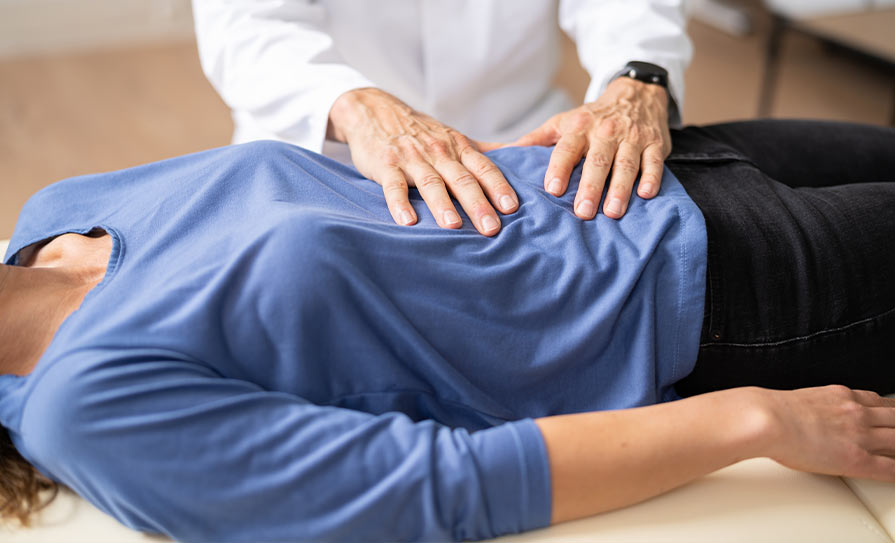
Gastroenterologists should look at the psychological and social aspects in patients with gastroparesis, and not just the biological condition, the ISG/USG Summer Meeting heard in Belfast last month.
Consultant Psychiatrist at the Royal Hospital London, Dr Peter Byrne, covered the biological, psychological, and social influences on patients with gastroparesis, a condition which can cause food to pass through the stomach at a slower than usual rate.
“The challenge of the social is where people get their information,” Dr Byrne said.
In the 21st Century, these information access points are social media, ‘Doctor Google’, and other subcultures. “And many of these sources of information support and reinforce their symptoms.”
Other social influences can include transgenerational health anxiety and the family narrative of “doctors missing things”. Early childhood experiences of illness, childhood loss and childhood abuse can also affect gastro health.
Sleep hygiene is also key, Dr Byrne said: “Get [patients] sleeping better and you will reduce [gastro symptoms].”
Doctors are also encouraged to get patients to reduce opioid intake or taking them off the medication for gastric emptying testing. There is also the danger of opioids exacerbating, or causing, gastroparesis.
However, with both sleep hygiene and reduced opioid use, patients can sometimes “argue with it and don’t want to engage with it: You need to call that out.”
Another issue that needs to be “called out” and is seen “more and more”, according to Dr Byrne, is patients with eating disorders being seen within gastroenterology rather than psychiatry.
“We have patients denying [anorexia] symptoms. And the ‘pro-ana’ websites are telling them how to deny the symptoms and how to go the gastro route instead of the psychiatry route.” The issue of eating disorders has gotten much worse due to the pandemic, Dr Byrne added.
Dr Byrne highlighted a study from 2017 in the World Journal of Gastroenterology, which showed 22-23 per cent of patients with gastroparesis experienced depression, while 12.4 per cent experienced severe anxiety. Somatisation was present in 50 per cent of patients.
“I think depression is inevitable, I think it’s missed, but it’s treatable,” Dr Byrne said. “So treat their depression with their consent.” Dr Byrne recommended getting the patient’s GP involved to find a way to access cognitive behavioural therapy, when necessary.
All-Ireland Gastroenterology, Summer Meeting (ISG/USG), Europa Hotel, Belfast, 9-10 June 2022





Leave a Reply
You must be logged in to post a comment.